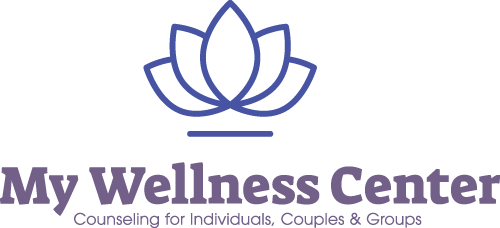As a therapist working with expectant and new moms over the last 15 years, I have seen many women who struggle with mood changes after having a baby.
What’s normal vs what isn’t?
Within the first 48 hours following delivery, estrogen and progesterone concentrations plummet. These gonadal steroids regulate neurotransmitters in the brain responsible for mood. Between 50-85% of women will experience significant mood changes and emotional dysregulation in the first 2-14 days following the delivery of their baby. These mood disturbances, often referred to as baby blues, can be marked by significant mood swings and feelings of tearfulness, anxiety and irritability. These symptoms usually peak around the 4th or 5th day, however, usually spontaneously resolve within 15 days of delivery.
It is important to highlight that while these mood disturbances are common, about 13% of women will develop a more significant form of depression, anxiety, or even psychosis.
What is Postpartum Depression?
Postpartum depression (PPD) usually emerges within the first three months following delivery but can take up to a year post-delivery to manifest. PPD also rarely resolves on its own without pharmacological or therapeutic intervention. Symptoms of PPD may include depressed mood, loss of interest in usual activities, fatigue, sleep disturbances, poor concentration, suicidal ideation and/or appetite changes. Women may experience prolonged and overwhelming feelings of sadness, guilt, worthlessness, or incompetence.
With postpartum depression, feelings of sadness, loneliness, worthlessness, restlessness, and anxiety last much longer than a few weeks. Symptoms of Postpartum Depression can include:
- Feeling sad or down often.
- Frequent crying or tearfulness.
- Feeling restless, irritable, or anxious.
- Loss of interest or pleasure in life.
- Loss of appetite.
- Less energy and motivation to do things.
- Difficulty sleeping, including trouble falling asleep, trouble staying asleep, or sleeping more than usual.
- Feeling worthless, hopeless, or guilty.
- Unexplained weight loss or gain.
- Feeling like life isn’t worth living.
- Showing little interest in your baby.
Having a new baby is hard work and it is ok to ask for help! You are not alone. If you are feeling like your symptoms are getting worse you can talk to your ob/gyn, perinatal psychiatrist, or a therapist. There are also support groups available such as Nurture PA that provide 24/7 text support.

